往届回顾_banner


MIKE Award sponsor Professor Li Rongbin's interview | Knowledge empowers SMEs to grow, ecological sharing is a road to the future
- Categories:MIKE Event News
- Author:
- Origin:
- Time of issue:2019-05-28 02:01
- Views:0
(Summary description)For more than 20 years, with the introduction of knowledge management in China, enlightenment and promotion, the value of knowledge empowerment has become a consensus!For more than 20 years, with the introduction of knowledge management in China, enlightenment and promotion, the value of knowledge empowerment has become a consensus!
MIKE Award sponsor Professor Li Rongbin's interview | Knowledge empowers SMEs to grow, ecological sharing is a road to the future
(Summary description)For more than 20 years, with the introduction of knowledge management in China, enlightenment and promotion, the value of knowledge empowerment has become a consensus!For more than 20 years, with the introduction of knowledge management in China, enlightenment and promotion, the value of knowledge empowerment has become a consensus!
- Categories:MIKE Event News
- Author:
- Origin:
- Time of issue:2019-05-28 02:01
- Views:0
For more than 20 years, with the introduction of knowledge management in China, enlightenment and promotion, the value of knowledge empowerment has become a consensus! Where is the knowledge management road in the era of big data? Where is the breakthrough of KM for small and medium enterprises? What is the value of the Most Innovative Knowledge Organization Award (MIKE)? With these questions, we visited Professor Li Rongbin, former director of the Knowledge Management and Innovation Research Center of the Hong Kong Polytechnic University and coordinator of the global MIKE research group.
More and more Chinese companies are on the global stage with knowledge management
Q: Based on your many years of research, please talk about the development of knowledge management in China over the years.
A: The development of knowledge management in China, after the end of the last century, many enterprises have entered the stage of exploration and practice. At that time, it was the success of China’s bid to host the Olympic Games. It was sent to Sydney to learn from the classics. It was found that the Olympic Committee had an excellent tradition and would summarize the experience and emergencies of previous Olympic Games for future reference and use. Knowledge management can be described as a success story.
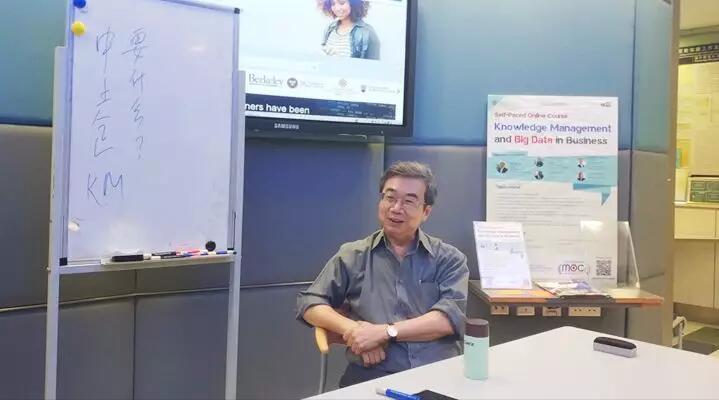
Through interviews and exchanges, I found that many excellent enterprises in the Mainland have done a lot of things in knowledge management. For example, the knowledge management practices of Baosteel, Tsingtao Brewery, COFCO, SF and Huawei have been quietly cultivated. The depth and breadth are refreshing. .
In the context of more and more companies engaged in knowledge management practices, the MAKE Award, the “most respected knowledge organization” known as the International Knowledge Management “Oscar”, was introduced to the Chinese mainland in 2011 by Lan Ling, who has been deeply involved in knowledge management for many years. 7 companies including Baosteel, China Merchants Bank, China Merchants Securities and Siemens China won the MAKE Award first; in 2018, Tsinghua University Technology Innovation Research Center and Lan Ling hosted China's Most Innovative Knowledge Organization Award (MIKE), China Construction Southwest Enterprises such as hospitals have been recommended to win the global MIKE awards, and many companies have made knowledge management applications more in-depth through benchmarking practices.
“In recent years, I have deeply felt that knowledge management has penetrated into more industries from the fields of education, automobile, real estate, finance, FMCG, manufacturing, and integrated groups. The value of knowledge management has been more widely recognized and promoted. The more outstanding Chinese companies are on the global stage and the world-class companies compete in the field of knowledge management."
Q: Compared with the Mainland, knowledge management in Hong Kong, what are the different places worthy of attention?
A: According to statistics, during the heyday, Hong Kong was employed in the Pearl River Delta 20 years ago. Only the manufacturing industry directly or indirectly employed 8 million people. At that time, Hong Kong businessmen had strong radiation capacity and entered the whole set of production and supply management concepts and practices in the Mainland. The management of Mainland enterprises has had a positive impact. At one level, it can also be said to be a kind of knowledge transfer. Looking at many countries or regions around the world, there are few such close, continuous and effective knowledge transfer cases like Hong Kong and the Mainland. The same knowledge sharing of the Chinese is one of Hong Kong's contributions to the motherland.
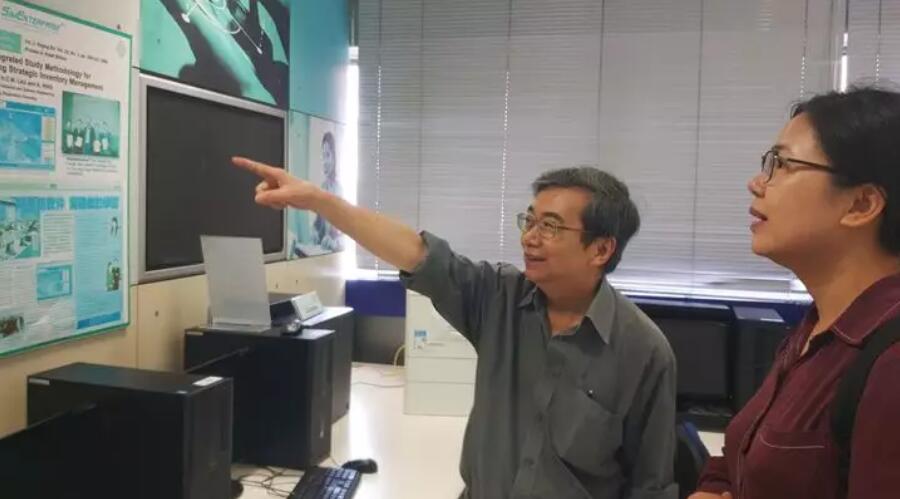
At the micro level, the application of knowledge management in Hong Kong is concentrated in large enterprises and public institutions such as China Light and Power, MTR, China Gas, Kowloon Motor Bus, Government departments such as the Architectural Services Department, the Correctional Services Department and the Police Services. It is to continuously improve the service level, quality and work efficiency; of course, there are also older professionals who are faced with the consideration of the experience of retirement.
Build a new ecology and use knowledge to empower SMEs to grow
Q: How do you evaluate that most people think that knowledge management is used in large enterprises, and SMEs need very little opinion?
A: I was invited to an electronic company in Xiamen to talk about KM. After the company's business is big, it will open a branch to the field and standardize and copy a set of management methods of the factory. This involves many common methods of knowledge management. The core of knowledge management is the refinement, precipitation, screening, and reuse of knowledge.
“The mobility of SMEs is large. If there is a lack of attention and management, the accumulated knowledge and experience of the company will be easily lost or taken away. How to manage knowledge is an important task. It turns out that knowledge management is not only big. Enterprises need it, and SMEs also have a wide range of uses!"
Q: If SMEs implement knowledge management, what better way do you think it is to promote and implement?
A: SMEs generally focus on business and customers because of their small staff and low resources. How to apply knowledge management to the cutting edge is the most critical. For small and medium-sized enterprises, there should be less OA software for office automation and how to use the Internet to reach more potential customers. This involves some IT tools and platforms.
There are a lot of business process software, such as BPM (business process management), CRM (customer relationship management, HRM (personnel management), PM (project management), but most of them are not suitable for SMEs, except for high prices, maintenance costs. It is also high, many functions are not necessarily used, if you want customers to order, the cost is higher. It is also important that all of the above functions are not a core part of knowledge management.
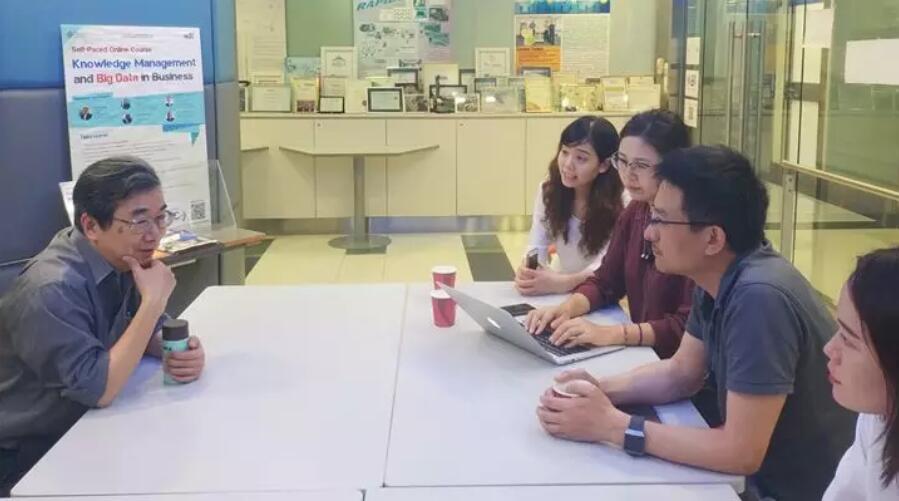
What is the core of the knowledge management system? The knowledge that most employees have, only in memory or mind, is not owned by the company. The intellectual capital of most companies, especially small and medium-sized enterprises, is generally negative and deficit. How to turn the tacit knowledge of employees into explicit knowledge of the company's visualization (such as documents, videos, recordings, etc.), which requires a KM system for storing and extracting relevant knowledge of the enterprise and constantly updating it. How to build a system that SMEs can afford and to cope with the development of each SME is a big challenge.
For SME employees to participate, it is best to match the company and business needs to find the tools and applications needed. First, employees may lack a basic understanding of the methods and means of knowledge management. Second, the average employee has no ability to pick their right IT platform. For the former, the general practice is to let employees participate in KM's training class, but what is taught in the class, no matter how good, or concept, does not through employee action learning, does not combine their daily work, the results are often poor.
“A better way is to combine KM training with the use of KM systems. Employees need to design the IT platform they need to know the key knowledge and support they need to share in their daily work. How to put various tools.”
The platform can consider open source, integrate online downloadable components, and compile a tailor-made knowledge portal that is open to employees and customers by identifying different security levels. Now open source learning, do not need the university's IT background, an employee who is not a science background, after two or three months of instructional learning, can also use the basic functions. This does not mean that other KM systems are not needed. As the company grows, a prototype of KMS can continuously expand and integrate different units to build an ecosystem. The above directions can promote the promotion of KM in SMEs.
More dynamic knowledge space will emerge in the AI big data era
Q: What new changes will occur in the organization's knowledge management application in the digital economy era? What are the scenes worth paying attention to?
A: With the continuous widening of application boundaries, the organization's awareness of knowledge management is constantly refreshing; since the theory of Yujiro's law on the mutual transformation of tacit knowledge and explicit knowledge, more and more people have discovered: knowledge management More than just IT, not just an expert system, she is more like an art, blending interdisciplinary art in management, psychology, etc., and requires deep insight and exploration of organizational and inpidual behavior.
There is a famous movie called "Modern Times", in which capitalism turns people into machines, like gears, which brings a kind of thinking: What do the employees of our company produce?
Traditional enterprises sell products and sell services, and employees are more of a manual worker. However, in the AI era, after repeated work is replaced by mechanical automation, the value of employees will be more important in the contribution of knowledge; after becoming a knowledge worker The output is not only the finished products and services, but also the knowledge, people should enjoy the process of learning and creation. As practice changes, knowledge will continue to add value.
“The storage and distribution of knowledge in an organization is uneven. Some R&D departments have a lot of knowledge. Some financial departments have more knowledge. In addition, departmental barriers are easy to form “isolate islands of knowledge”. How to differentiate according to each company? Knowledge topography promotes the sharing of knowledge is an important topic."
Digital technology constantly promotes the sharing of information and knowledge, forms a knowledge stream, and fixed storage gradually gives way to mobile sharing. The most typical example is the transformation of library functions. From the single storage of materials in the past, the provision of documents, and now support different learning groups. Knowledge extraction and knowledge mining.
In the era of big data in AI, knowledge is more and more like a big river. How can you store the next river? Expert knowledge locks are useless in the knowledge system. IBM has tried it before, so that many people, including suppliers and employees, can brainstorm online and form tens of thousands of IDEAs for enterprise reference in an hour. amazing! In the future, open innovation brought about by the flow of knowledge will subvert people's common sense and create greater value.
Make the MIKE Award a global knowledge management communication platform
Q: What was the original intention of the MIKE Awards, the world's most innovative knowledge organization? What is the difference with MAKE?
A: New technology development and management changes have triggered the wave of globalization. From enterprises to government public institutions, everyone emphasizes innovation. The MIKE Awards are based on the original MAKE framework, but more emphasis on innovation is the response to this trend.
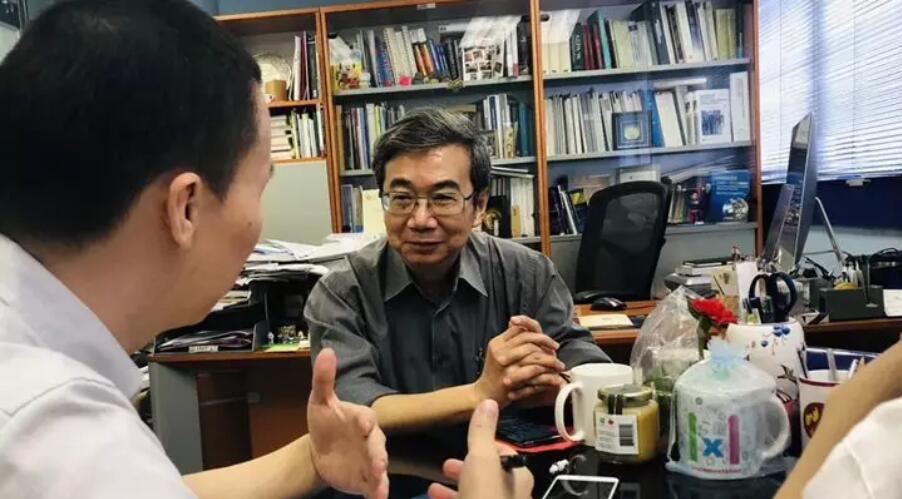
Based on the latest research on innovation, knowledge management and intellectual capital management, MIKE International Expert Group analyzed the main factors affecting organizational innovation performance and extended it into eight new standards for knowledge organization's continuous innovation.
Including empowerment knowledge workers to innovate, create conditions to capture/inspire customer/user experience/needs/experience, open up open-ended internal and external partnerships, effectively enhance corporate effectiveness, foster organizational innovation culture, invest and deliver knowledge-based products/ Services/solutions, demonstrating strategic, visionary and transformative leadership, using creativity and virtual spaces to create value for stakeholders. In addition, innovative performance indicators have been added. The organization can select more than one measurement indicator that is most suitable for the organization in the measurement indicators, provide data and evidence, and conduct self-assessment.
Q: What value can be gained by a company or organization participating in the MIKE Award?
A: At the 2018 Asian Knowledge Forum, the Tsinghua University Technology Innovation Research Center, the Hong Kong Polytechnic University Knowledge Management and Innovation Research Center, and the Blue Ling Software officially launched the Most Innovative Knowledge Organization Award (MIKE). Further promote the popularization and sharing of new generation knowledge management in the world.
By participating in the MIKE Awards, companies or organizations can gain the following three aspects: first, to recognize the innovations achieved by organizations in the good practice of knowledge and intellectual capital management; secondly, to learn from industry leaders and outstanding learners. Opportunities, enriching their own practice; they can also listen to the constructive opinions provided by the expert jury and continue to improve.
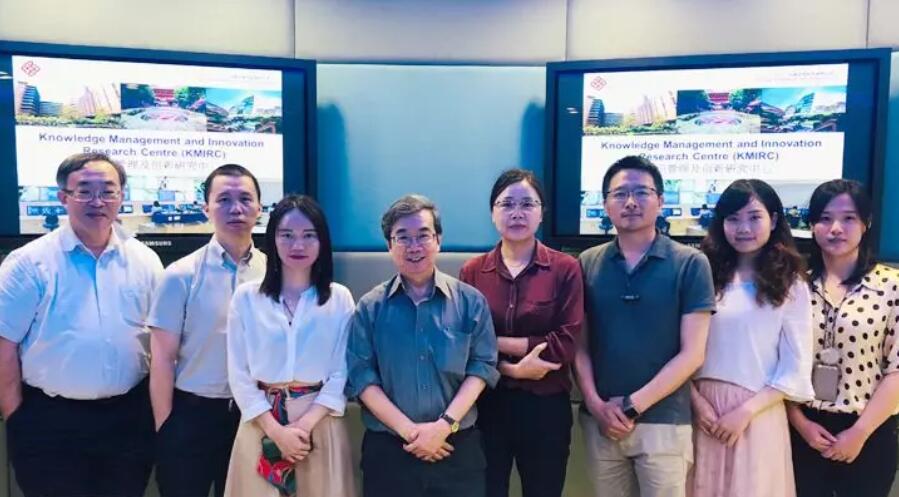
The international MIKE team, which is composed of professional organizations from more than ten countries or regions, will carry out sharing activities of innovative practices according to the regional conditions, encourage benchmarking and exchanges between different countries, and promote the sharing of experiences with vivid stories and cases. Work together to create a global knowledge management communication platform that empowers organizations to innovate and create greater value.
Scan the QR code to read on your phone
Guidance unit: Global MIKE Study Group
Organizer: Tsinghua University Technology Innovation Research Center, Shenzhen Lanling Software Co., Ltd.
Supporting units: Tsinghua Management Review, Innovation and Knowledge Management Alliance (IKMA), Hangzhou Chuangzhihui Technology Co., Ltd.
COPYRIGHT © MIKE Powered by www.300.cn 粤ICP备09200185号

